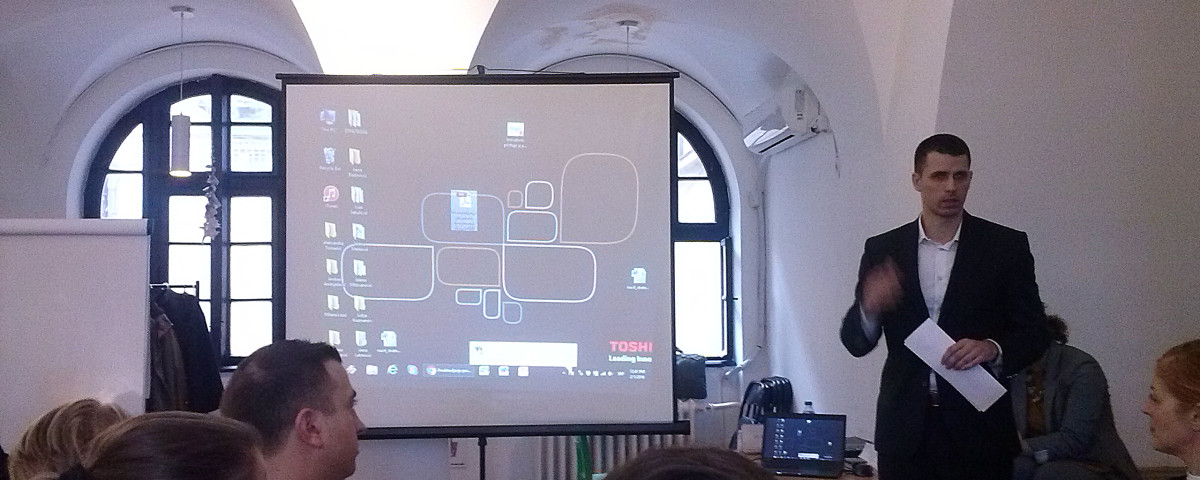The commission, composed of representatives of the Social Inclusion and Poverty Reduction Unit of the Government, the Ministry of Education, Science and Technological Development, Ministry of Labour, Employment and Social Affairs, the Ministry of Youth and Sports, GIZ and the Swiss Agency for Development and Cooperation, discussed a total 122 projects .

Our „Youth Development Service“ won the largest number of points and, as such, has recieved resources for realization withing the boundaries of the grant scheme “Support for innovative approaches to increase employment and employability of young people”, within the project “Support to the Implementation of the Programme of Employment policy reforms and increasing the employability of young people” implemented by the Social Inclusion and Poverty Reduction Unit, in cooperation with the above-mentioned ministries and with the financial support of the Swiss Agency for Development and Cooperation office.

The signing of the contract and initial workshops in Belgrade on 01 February 2016, was attended by Mr. Srdjan Verbić, Minister of Education, Pauline Menthonnex, Deputy Ambassador of the Swiss Confederation, mr. Ivan Sekulović, manager of the Social Inclusion and Poverty Reduction Unit, and many others. From our side, the signing was attended by representatives of a partner municipality Svrljig which was most active during the development of the project. “Youth Development Service” analyzes the possibility for professional practice of different faculties of the University of Nis to be realized in undeveloped municipalities in Nišava district. In this phase, the project produces new analytical data related to the supply and demand for student practices between specific underdeveloped backgrounds and faculties, interviews “development partners” who are willing to give us specific mentoring support and creates on-line database that will allow pairing of the data collected.

The project is being implemented by 31 July 2016 and ends with the launch of our pilot project that will offer a concrete model for the realization of professional work practices in the environment of underdeveloped municipalities.




 Srpski
Srpski